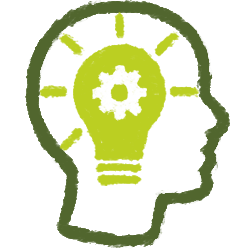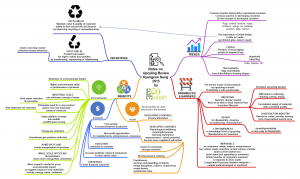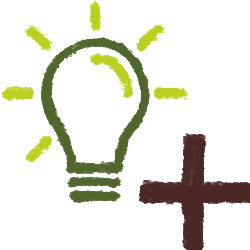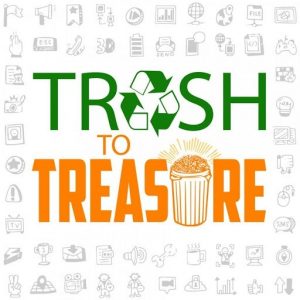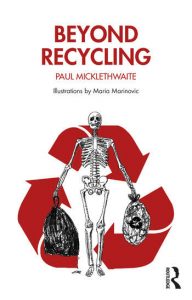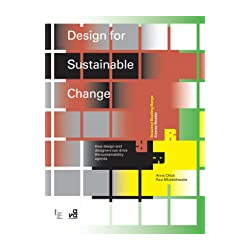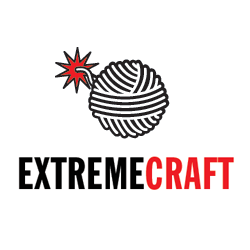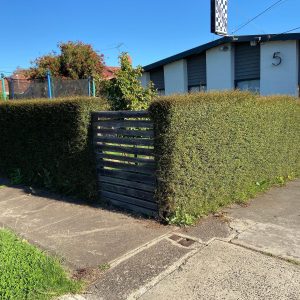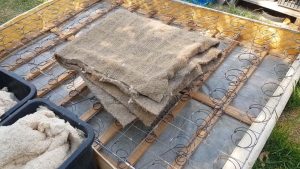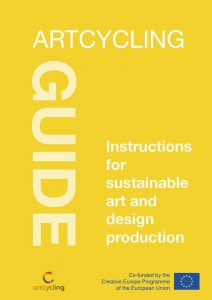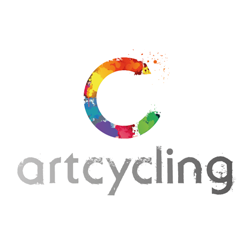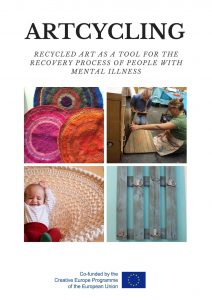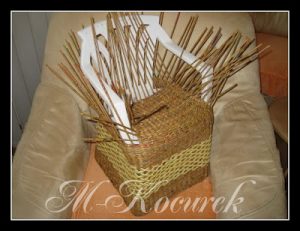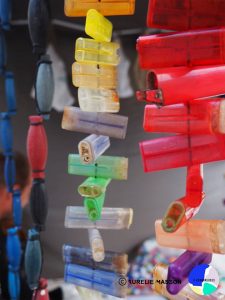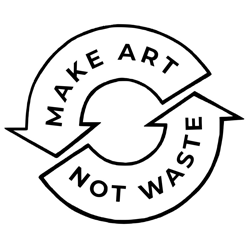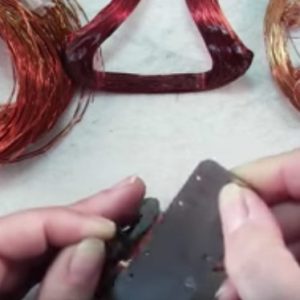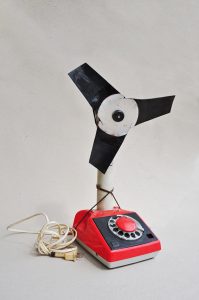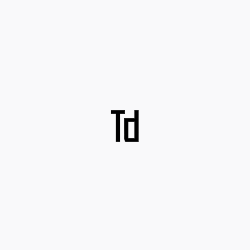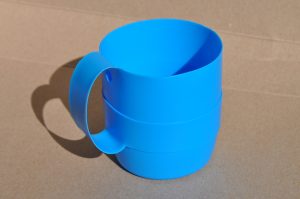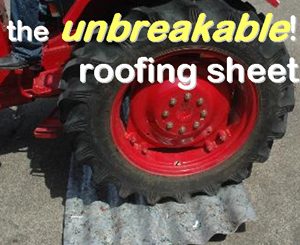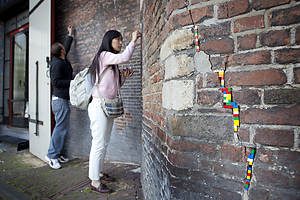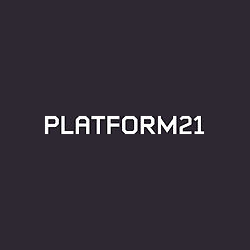Some notes:
Repurpose
It is a broad term.
Alter or adapt for use in a different purpose.
Repurposing is to use something for a different purpose to the one for which it was originally intended.
Repurposing is the process by which an object with one use value is transformed or redeployed as an object with an alternative use value.
It can also mean:
‘To reuse for a different purpose, on a long-term basis, without alteration”
Upcycle
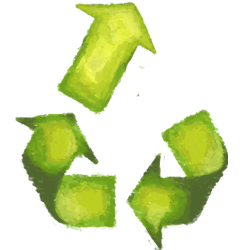 Upcycling
Upcycling
This is the optimal mode of recycling. Upcycling, in contrast to conventional downcycling, is any process by which materials are purified and improved in quality, prior to reuse in new product forms. Examples include glass and aluminium which can be recycled without degrading the quality of the product. See the Recycling category.
Upcycling-as-reuse
The term ‘upcycling’ is more widely used to describe taking something of low quality and making it into something with more perceived value.
Reuse (discarded objects or material) in such a way as to create a product of higher quality or value than the original.
OR
The process of transforming by-products, waste materials, useless, or unwanted products into new materials or products perceived to be of greater quality, such as artistic value or environmental value.
In Spanish: El suprarreciclaje, suprareciclaje o supraciclaje. Suprar = above.
According to Paul Micklethwaite (Beyond Recycling):
The term ‘upcycling’ is more widely used, however, to describe individual repurposing and creative reuse of unwanted objects.Upcyclers seek to preserve every element of the value of an original object. Material and product form are both considered to have value. Recycling typically destroys and then remakes both, often to a lower value (downcycling). Upcycling- as- reuse avoids destroying any part of an object. The act of reprocessing a material, and in so doing destroying its shape in order to remake it as something new, is considered inferior to the preservation of that original shape in a newly made product. Better to stitch together used multi- layer juice cartons to make a shopping bag than melt them down to feed into a new production process to make more juice cartons. The value of the original product can be seen in terms of both the properties of its constituent materials, and its constructed form. Upcycling- as- reuse seeks to preserve both through simple manipulation of the original product such as stitching together, rather than an industrial process involving the fundamental transformation of its materials and their reconfiguration into the same or quite different products.
This mode of upcycling is low- tech and accessible to anyone with basic tools and the willingness and aptitude to use them.
Recycling is privileged over reduction and reuse because it is less disruptive. Waste management companies and their waste collection trucks promote recycling as the default approach, with little mention of options above it in the waste hierarchy. Reuse is supplementary to recycling, more difficult to achieve despite being a preferable option. The renaming of reuse as upcycling, discussed above, indicates its demotion to a specialist sub- category of recycling. p105
Reclaim
Retrieve or recover (something previously lost, given, or paid); obtain the return of.
Reclaim: recover (waste material) for reuse; recycling.
I like this term because its literal meaning is ‘to cry out against’ from the Latin ‘shout out’.
This process takes the old and unwanted, things regarded as the lowest rubbish, and breathes new life into it. I think it can be one of the most transformative of all the reuse terms.
Hacks
A strategy or technique for managing one’s time or activities more efficiently.
Hacks have the qualities of speed, simplicity, cleverness. See Hacks in the Design category
Other terms:
A ‘swerve’, a diversion…
A swerve which means less fabric ending up in landfill and those discarded fabrics being used again, plus less production of new materials, which means less carbon emissions from the processes… a start.
Georgia Wyatt-Lovell, Wyatt & Jack
Sources & further reading
Google’s English dictionary – provided by Oxford Languages
Micklethwaite, P., 2021. Beyond Recycling. Abingdon: Routledge.

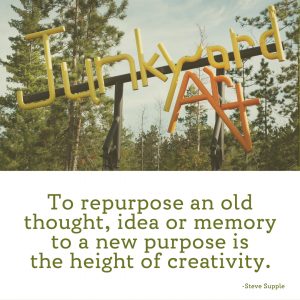
 Upcycling
Upcycling